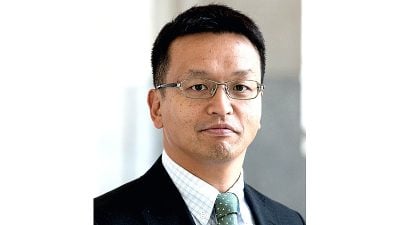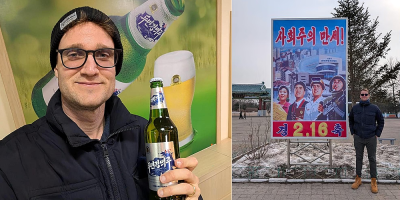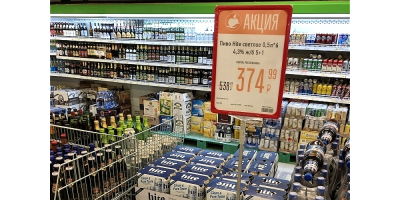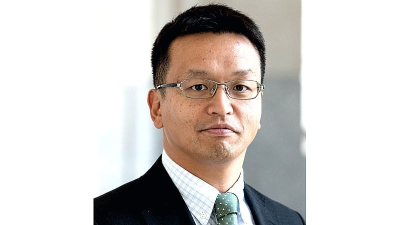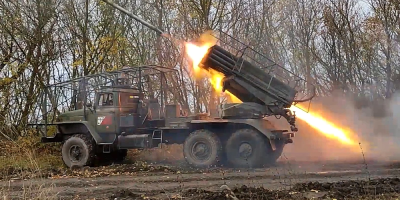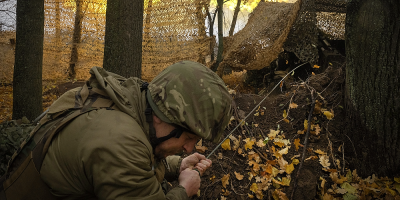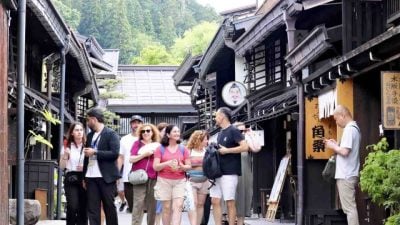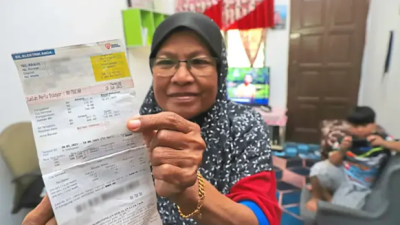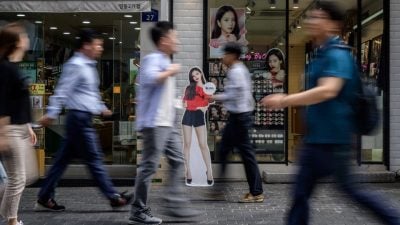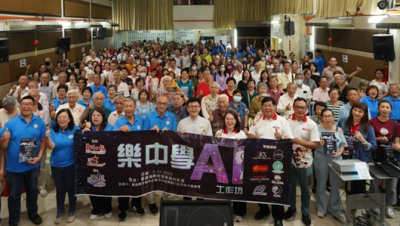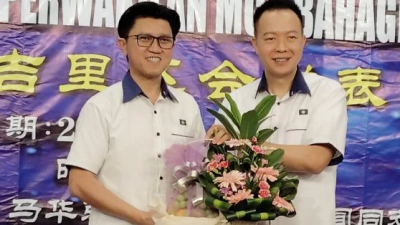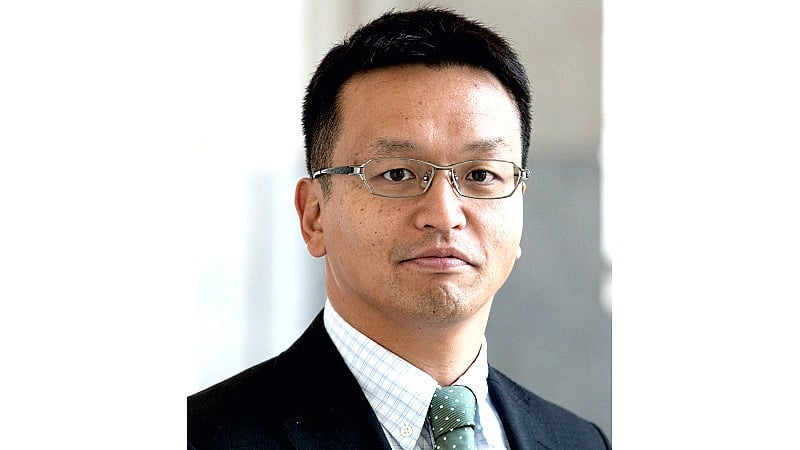
The U.S.-South Korea joint military drill dubbed “Freedom Shield” was held from March 13 through March 23, 2023.
This was the first regular springtime joint military exercise in the five years that have passed since action was taken to cancel it in a gesture of appeasement toward North Korea by the Moon Jae-in administration.
South Korea is now the tenth largest military power in the world. If the country were to strengthen its collaboration with the United States, a nuclear superpower, North Korea would have no choice but to adopt a readiness posture to defend itself.
At an enlarged meeting of the Central Military Commission of the Workers’ Party of Korea (WPK) convened on March 11, the North Korean leader declared that he would take “important practical steps” against the United States and South Korea.
Since then, North Korea has repeatedly carried out test launches of various missiles, including the Hwasong-17 ICBM.
The purpose of the meeting is usually to discuss military-related matters. That the first item on the agenda was “resolving rural problems” was therefore unexpected.
“A plan for using the armed forces” in rural development was approved at the meeting. This means relying on nuclear weapons and missiles as a deterrent against the United States and South Korea, and mobilizing the country’s military personnel to build up the economy, with a focus on supporting the development of the agricultural sector.
While this policy has been observed since the end of the Kim Il-Sung era, when the country was experiencing an economic downturn, recent years have seen the trend intensifying.
The nation is pushing forward with its weapons development program out of a desire to prevent the United States and South Korea from taking control of the situation on the Korean Peninsula and a reluctance to admit to its own inferiority.
Also clearly evident, however, is a desire to improve the food situation in the North.
The Enlarged Plenary Meeting of the Central Committee was held from February 26 through March 1.
In recent years, the Plenary Meeting has come to be held twice per year at regular intervals, but the short space of time since the last one at the end of December 2022, only two months earlier, was unprecedented.
The main item on the agenda was rural development, with a focus on the comprehensive implementation of the program for the “rural revolution in the new era” presented by General-Secretary Kim Jong-un at the end of 2021.
Positioned as a revised version of Kim Il-Sung’s 1964 publication “Theses on the Socialist Rural Question in Our Country,” the aim of the program is to “build prosperous and cultured socialist rural communities that combine advanced technologies and modern civilization.”
Specifically, the program stipulates that agricultural areas should be fully equipped with irrigation systems “during the period of the Five-Year Plan” up to the end of 2025, and that “Party leadership” must be strengthened in order to accomplish this goal.
It was also decided to continue down the path of strengthening centralized control in the agricultural sector, which suggests a return to the policies that were in place during the relatively prosperous years of the Cold War.
At the end of 2022, Kim Jong-un said North Korea would “overcome the difficulties of the revolution by our own efforts, holding high the fighting spirit and banner of the 1960s and 70s once again.”
Protracted economic sanctions have left the government with no choice but to maintain a “self-reliance” mindset when it comes to combating food scarcity.
North Korea has been plagued by chronic food shortages since the withdrawal of Soviet support at the end of the Cold War. However, the current situation is seen as a vast improvement compared to the “Arduous March” that occurred in the 1990s, when many people perished from starvation.
If North Korea were facing nationwide food shortages, Kim Jong-un would not have called for a heavy focus on non-staple foods following his tour of a vegetable greenhouse farm in February.
Although it was widely reported in the South Korean media that people in North Korea are starving to death, the same sense of despair was absent from the tone of reporting in the North Korean media.
Reporting on the deteriorating North Korean economy tends to be sensationalized in South Korea.
While the Yoon Suk-yeol administration may have good reason to describe North Korea as the country’s “main enemy,” there is no denying that radical pieces are mass-generated to grab the attention of readers, perhaps to win out over the competition in a country that has a disproportionately high number of newspapers for the size of its population.
What the South Korean media fails to report is the fact that in recent years North Korea has come to openly acknowledge its plight.
COVID-19 vaccinations are being administered, albeit mainly in the nation’s capital Pyongyang, yet no mention of this appears in the North Korean media.
North Korea has consistently attached importance to WHO announcements, with the party’s official newspaper Rodong Sinmun publishing daily updates on the number of infected people worldwide.
Taking into account the infection situation in China and the fact that the newspaper reflects the views of the party, it is certain that Pyongyang is looking to fully resume Sino-North Korean trade.
North Korea shut down its borders in January 2020, earlier than the Chinese government’s blockade of Wuhan.
With centralized rule being strengthened, a decision by the supreme leader will see the reopening of the border in no time.
If this occurs, chemical fertilizers that have been subject to tight import restrictions for over three years due to a strict quarantine policy will finally become available, and the government’s goal of resolving rural problems together with the deployment of military forces will be accomplished in one stroke.
(Atsuhito Isozaki is Professor at Keio University, Japan.)
ADVERTISEMENT
ADVERTISEMENT






